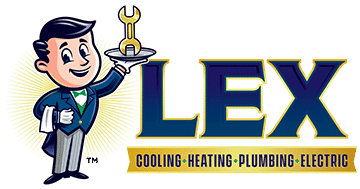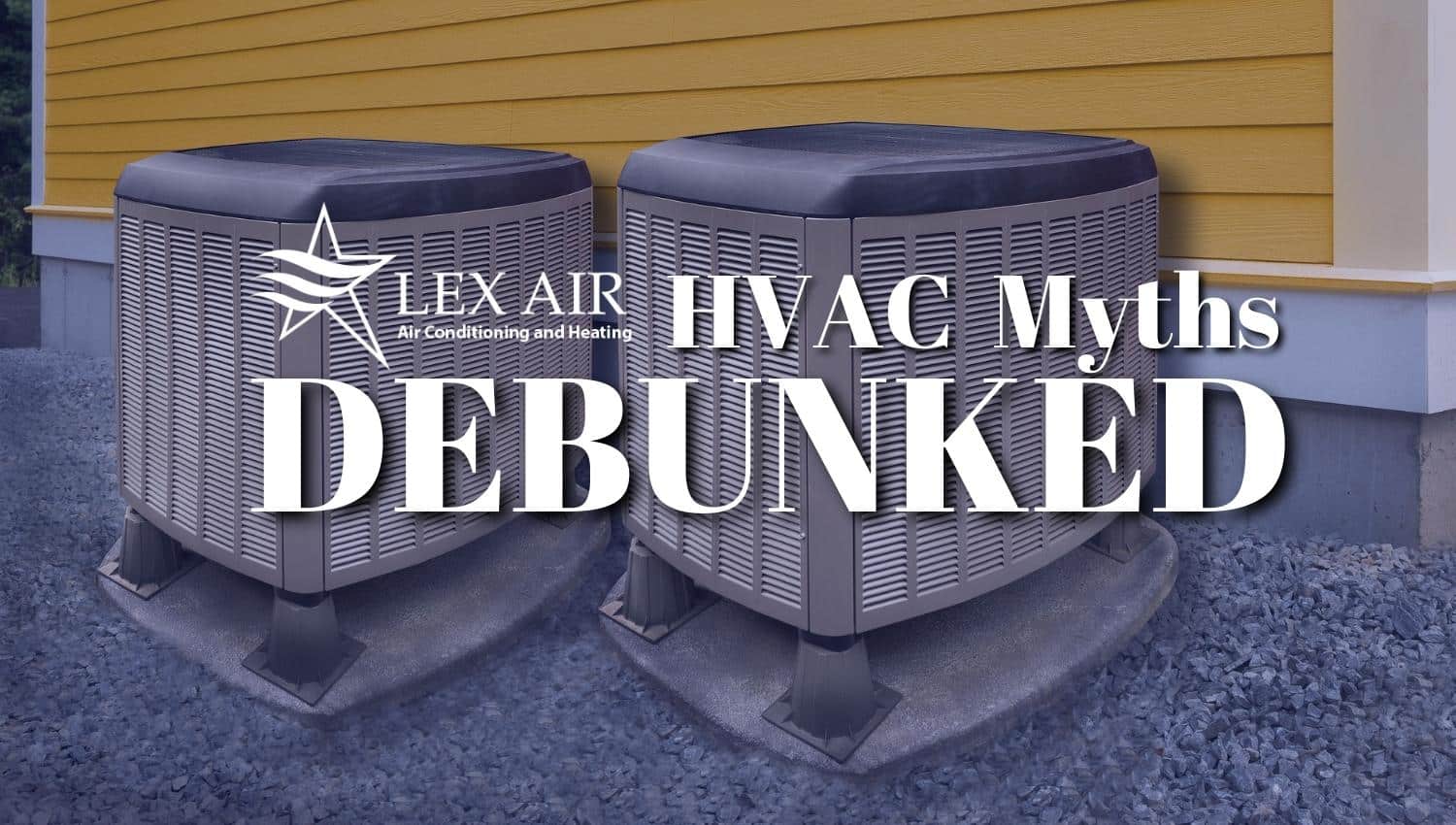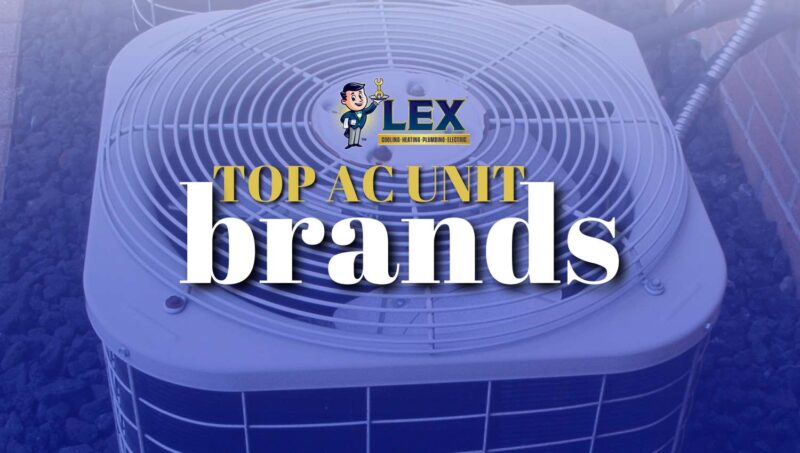When you’re dealing with scorching summer days or chilly winter nights, you’ll want to get the most out of your HVAC equipment. As such, it is normal for homeowners to want to take precautionary measures to save energy and prolong the life expectancy of their unit. However, you must remember that your HVAC system is a complex mechanical system and can be hard to understand unless you’re heavily involved in it and know the ins and outs of the system.
Air conditioning system myths and “tricks” from less-than-reputable sources have flooded homes all over the world. Our experienced Carrollton HVAC technicians at Lex Air Conditioning and Heating have seen firsthand the many misconceptions concerning HVAC systems floating around these days. Most of these tricks are ineffective and can even be harmful. Fortunately, we’re here to give you the truth behind these heating and cooling myths. Read on to learn more.
Common Misconceptions Regarding Your HVAC System
Some of the most common misconceptions we see regarding HVAC equipment have to do with thermostat placement and temperatures, closing vents, and turning off the AC during the day. We’ll go into more detail concerning these common HVAC myths below:
Thermostat Placement Doesn’t Affect Heating and Cooling
Think thermostat placement doesn’t matter? You may be surprised to realize this is completely false. The location of your thermostat actually can make a difference in the operation of your HVAC system. Your thermostat should be:
- On an interior wall
- Placed away from windows
- Installed away from direct sunlight or major home appliances
Your thermostat’s location should be away from areas where temperatures may spike to prevent the system from malfunctioning and have a lesser chance of accuracy issues. Preferably, you want to place your thermostat in a common living space close to a return air vent where it can sense the average temperature of the entire space that the AC is cooling.
Setting Thermostat Low Cools Your Home Quicker
In the average household, having your AC set super low does not necessarily cool your home any quicker. Your HVAC system heats and cools at a uniform rate, regardless of what you set the temperature to. Your thermostat doesn’t control the speed of your air conditioner. Setting the thermostat a lower temperature will make your HVAC system work harder because you will likely overshoot your ideal temperature.
The same is true for setting your thermostat at a higher temp in the colder months. All this will do is run the unit down until you reach the desired set point, all while forcing your unit to work harder and consume more energy, leading to higher energy bills and more frequent system breakdowns.
Closing Vents in Unused Rooms Can Save More Money and Energy
Another common misconception is that closing vents in unused rooms saves energy and money. Your AC unit is going to be running the same amout of time regardless of whether you close the vents in certain areas of your home. While it may address the comfort concerns that you’re having those particular areas, it’s not going to conserve energy or save money due to the demand.
Closed vents lead can lead to frozen coils in cooling systems, which can cause damage to the compressor. Closing air vents can also cause damage to system components in both heating and air conditioning equipment. This will then increase your costs by the need of system repairs and premature replacement.
Closing the vents in one area of your home also doesn’t help the airflow of other rooms. Instead, conditioned air gets lost through duct leaks.
However, you may increase energy efficiency by partially closing one or two vents in your home that are the farthest from your furnace. This will still allow air to flow properly through the HVAC system, therefore preventing overheating and added pressure to the duct work.
Turning Off AC During the Day Saves Money and Energy Consumption
Turning your AC unit off while you’re away can lead to two main problems. First of all, your home can get very hot and take longer to cool down whenever you get home and turn the unit back on. Secondly, humidity can get trapped inside of your home and make it feel hot and sticky without your HVAC system running. If the humidity levels in your home get too high, it can lead to potential bacterial growth and other indoor air quality problems.
It is better to turn your thermostat up 7-10 degrees rather than completely turning it off. Investing in one of the new programmable thermostats will allow you to program your air conditioning system to adjust to a set temperature at different times throughout the day. This is because programmable thermostats save energy and a great deal on energy costs (up to $180 or more per year!) without having to sacrifice comfort while you’re home.
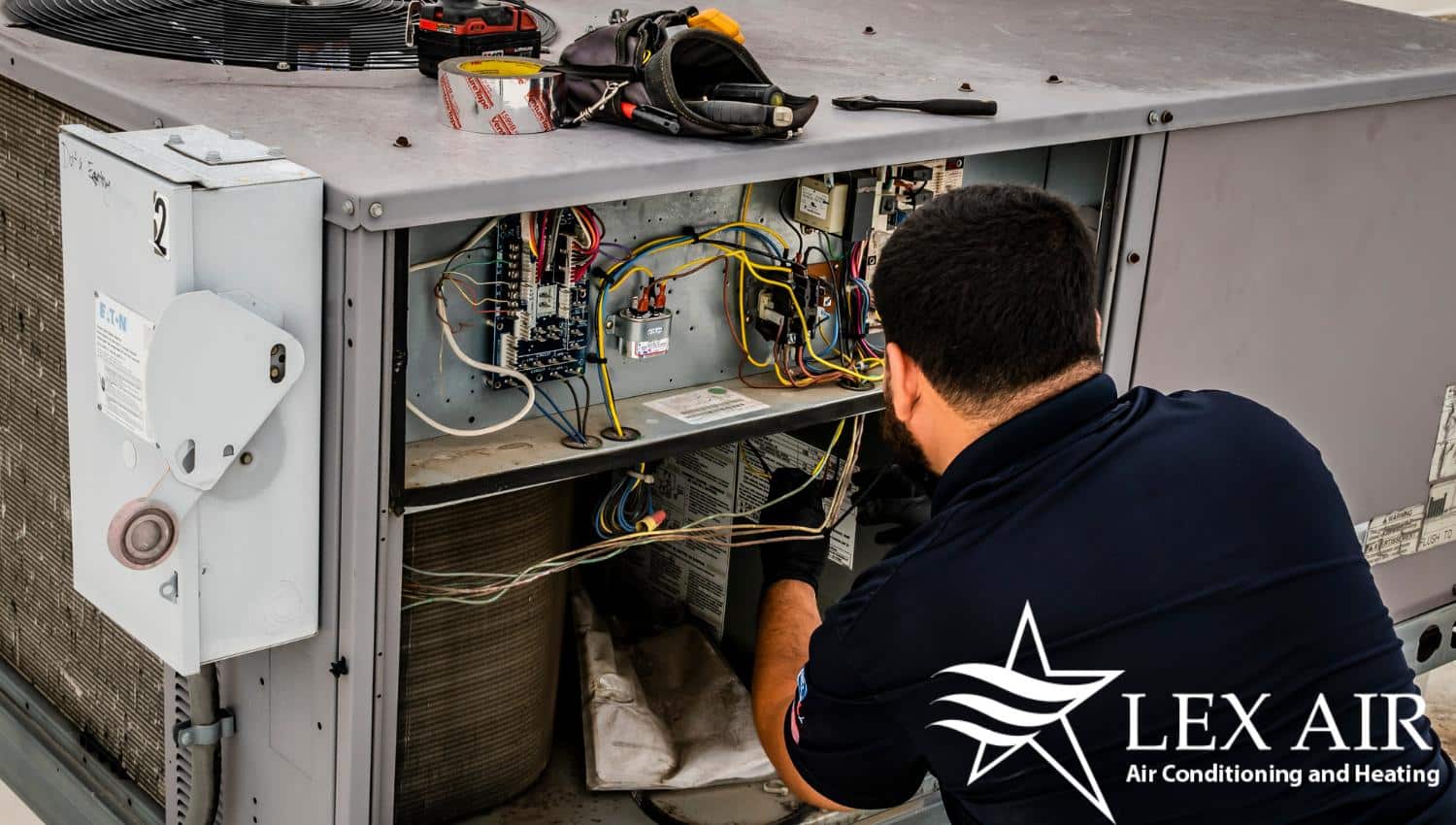
Other Common HVAC Myths
While the items listed above are some of the most common HVAC myths, there are still many more we tend to see. Some of the other most common myths include:
- No Need For Scheduling Regular Maintenance
- The myth that you should only fix your system once a problem is evident is just that, a MYTH. Remember, HVAC units are major appliances and should be treated as such. Even with a new HVAC system, you should schedule routine maintenance at least once a year. Skipping regular tune-ups typically leads to much bigger HVAC issues.
- Bigger is Better
- Are HVAC systems that are bigger in size better? The answer to this is no, not always! A bigger system may function well after it is installed, but it will most likely start short cycling after some time. Also, if you purchase a large HVAC system for a smaller home, you will have a higher energy bill. Things like square footage and ceiling height need to be taken into consideration when determining the proper size HVAC equipment for your home.
- Air Filter Should Only Be Changed Once a Year
- You will run into some pretty big issues if you only change your HVAC system filter once a year. Air filters require replacement anywhere from monthly to once a year. The air filters that last a whole year are thick and go into specialized media air cleaners, not your furnace or air handler.
- Duct Tape If Great As a Sealant For Air Leaks
- Duct tape can peel away since it does not stick well. It is not very good at sealing air ducts. You should hire a professional to seal air ducts.
- Windows Are the Greatest Source of Heating and Cooling Loss
- It is much more likely that you’re losing more energy out of your ceiling or roof than your windows. While there could be air leaks around your windows, about half of all heating and cooling loss comes from air leaks and poor insulation in the walls, ceiling, and roof.
- A High-Efficiency HVAC System Will Lower My Energy Bill
- While this is technically true, cost savings cannot be promised because your savings depends largely on how much you use your AC or furnace. Your savings can be significant if you are using maintaining your energy-efficient unit regularly, however, this will not always be the case. There are many other factors that must be considered when trying to keep your energy costs low.
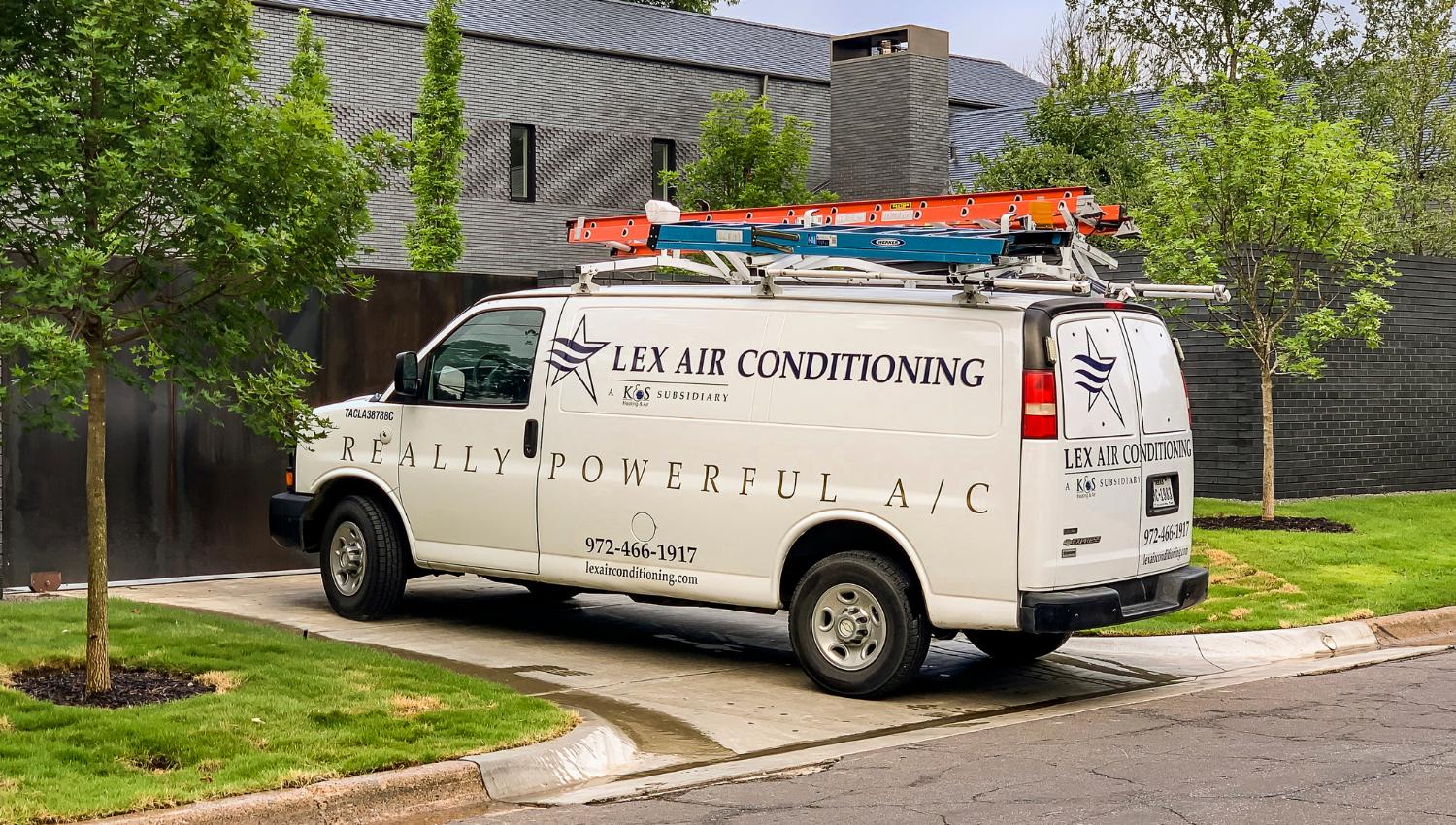
For All Your Carrollton HVAC Needs, Call the Experts at Lex Air Conditioning and Heating Today
If you’re looking for a reliable HVAC company in Carrollton, look no further than Lex Air. Whether you’re in need of AC replacement, repair, installation, or servicing, we’re here to help. Each HVAC technician at our company has the skills and experience needed to keep your AC in tip-top shape. Call us today at (972) 217-8955 to set up a service appointment or to ask any questions you may have.
